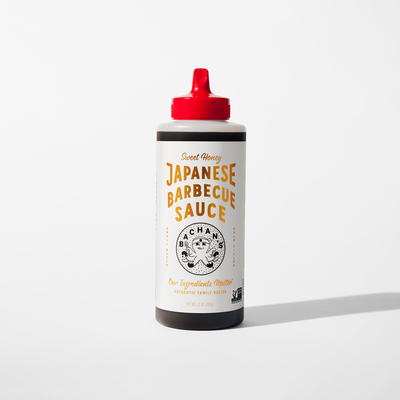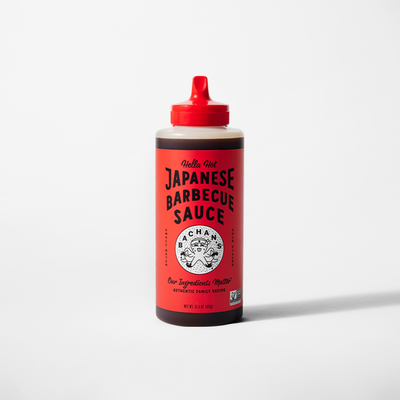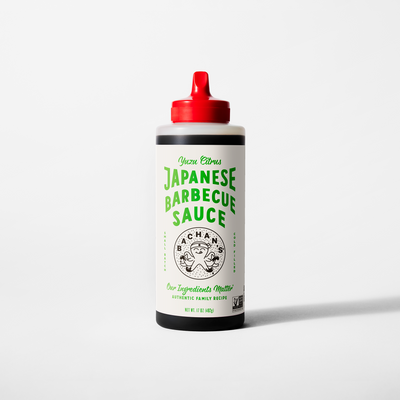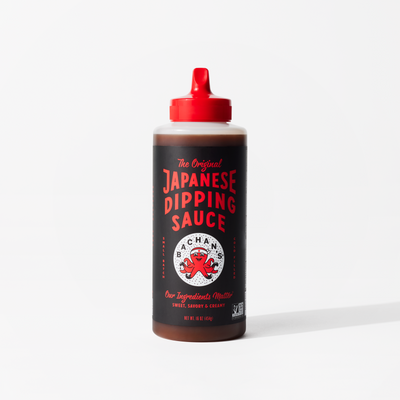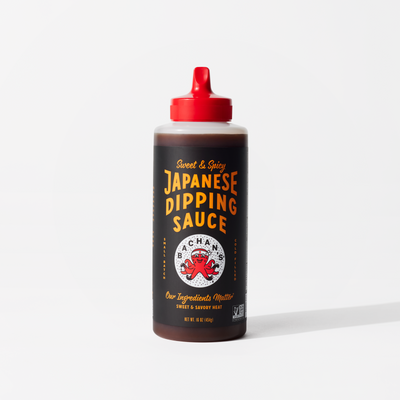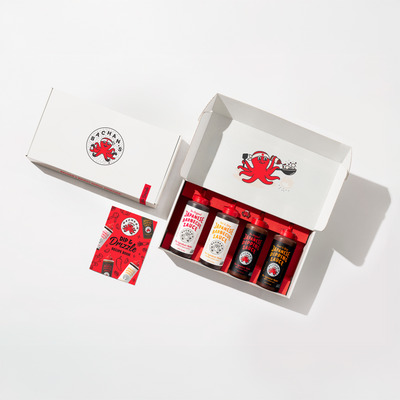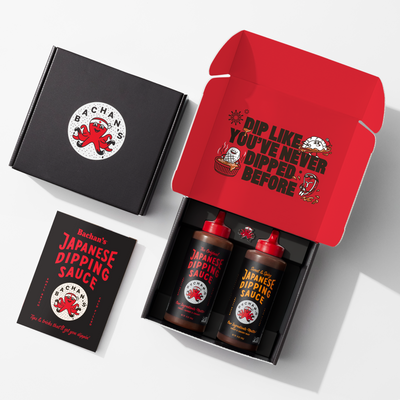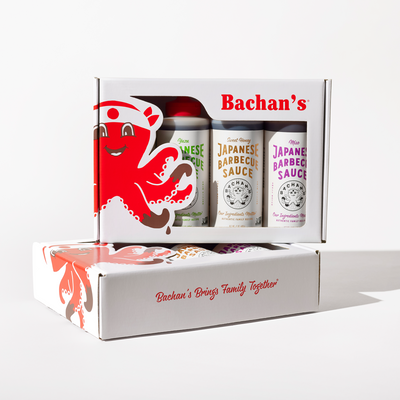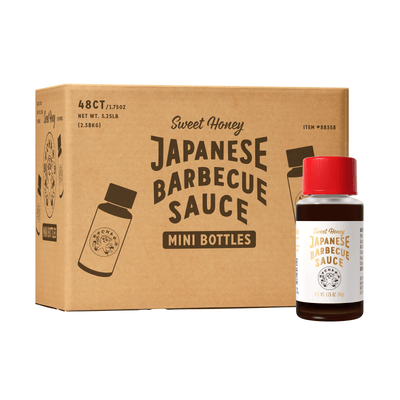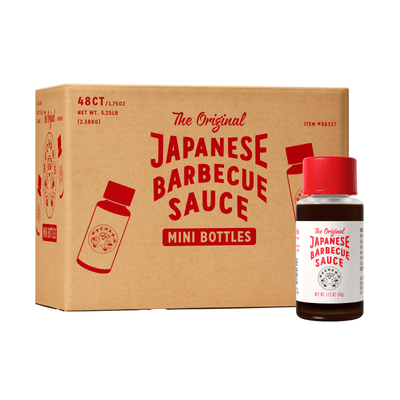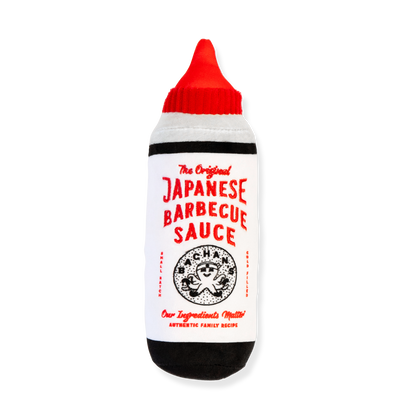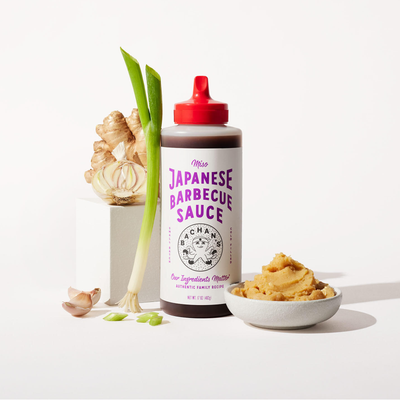Posted by Corey Loftus on
Nikujaga Stew
- Cook Time: 40 Minutes
- Serves: 4

One Pot Weeknight Nikujaga Stew
When the temperature starts to drop and you’re looking for a comforting, warm and cozy meal, look no further than Bachan’s One Pot Nikujaga. It’s a one-pot wonder that is beautiful, hearty and incredibly satisfying.
What is nikujaga?
Nikujaga is a classic Japanese stew that consists of meat, potatoes, onions, and seasonal green vegetables stewed in a flavorful stock. Nikujaga translates to “meat and potatoes,” with niku meaning meat and jaga from jagaimo, meaning potatoes. Nikujaga is an all-ages favorite comfort food that’s iconic in Japanese home cooking. It’s a type of Japanese cooking called nimono, which is a category of simmered dishes that are savory and a touch sweet.
What does nikujaga taste like?
Nikujaga is sweet and savory with tender slices of perfectly cooked thin cuts of beef or pork, soft and flavorful potatoes, sweet carrots, and melt-in-your-mouth onions. It gets most of its umami flavor from soy sauce, mirin, and dashi.
How do you season nikujaga?
Classically, nikujaga is seasoned with a sweet soy sauce. In our nikujaga, Bachan’s Miso Barbecue Sauce is the backbone of flavor that will give this stew a sweet, savory, bold kick. Bachan’s Miso uses a combination of organic red and white miso to give it just the right balance of miso flavor. Red miso–also known as aka miso–adds a darker, more robust flavor. White miso–known as shiro miso–is milder, sweet, and has a subtle hint of umami. Together, red and white miso is called awase, or mixed miso. The mix of two different miso pastes creates a balanced and deep flavor profile.
Ingredients for nikujaga
Like any good stew, you don’t need much to make a pot of delicious goodness.
protein - you’ll usually see thin slices of beef, such as sirloin, chuck, or ribeye. In Japan, they’ll also use thin slices of pork as well. If you’re vegan, you can make nikujaga with tofu, although technically, it won’t be nikujaga, but tofujaga.
potatoes and carrots - stew without potatoes and carrots isn’t stew at all. A creamy Yukon gold potato is perfect, but any potato will do. Carrots add color and sweetness.
onion - onions add sweetness and flavor while melting down into the dashi-Bachan’s stock.
other vegetables - sometimes nikujaga will have a couple of green vegetables, such as snow peas, peas, or green beans, thrown in for aesthetics. They’re completely optional.
shirataki noodles - this is a classic ingredient and most would say it’s non-negotiable. Shirataki noodles are clear bundles of what look to be noodles, but are actually a vegetable (made from part of the konjac plant) They’re flavorless on their own, but when stewed in nikujaga, shirataki takes on plenty of seasoning while adding heft and heartiness. If you’re interested, you can find shirataki noodles in the refrigerator section, near the tofu, in Asian grocery stores. Be sure to soak and rinse off the noodle bundles before stewing it in the nikujaga. It can go in at the same time as the potatoes and carrots.
seasoning - seasoning nikujaga is a breeze with Bachan’s. Classic nikujaga is seasoned with soy sauce, sugar, mirin, sake, and dashi. With Bachan’s Miso Barbecue Sauce, you have an all-in-one sauce with premium traditionally brewed soy sauce, aged mirin from Japan, organic rice vinegar, organic garlic, organic ginger, green onions, and just the right amount of sweetness from the awase miso.
How do you make nikujaga?
Start off by prepping the vegetables. Cut the onions into thick wedges and the potatoes and carrots into similarly sized pieces, with random cuts. Japanese carrots and potatoes cut with no particular shape in mind is a cutting technique called rangiri, where the vegetable is rotated every time you cut.
Lightly sear. When all the vegetables are ready, it’s time to cook them lightly in oil. Frying them in a bit of oil creates a crust around the potatoes and carrots, helping them stay intact while simmering.
Simmer. Add dashi and Miso Bachan’s to the vegetables and bring to a simmer until the vegetables are tender. Simmering the potatoes, carrots, and onions with dashi and Miso Bachan’s lets the flavor penetrate the ingredients.
Add the beef. After the vegetables are tender and flavorful, it’s time to add the beef. Unlike other stews where the beef is stewed for a long time to tenderize, nikujaga has meat that is sliced as thinly as possible so it cooks quickly, stays soft, and takes on all the flavor. Add the thinly sliced beef into the stew, along with more Miso Bachan’s and simmer gently, until the beef is just cooked. Enjoy hot with rice.
Tips for nikujaga
Cut the carrots and potatoes to the same size.
Try a Japanese cutting technique called rangiri. The shapes of the pieces can be random, but the size of the pieces stay the same. Cutting this way gives the potatoes and carrots more surface area which means it cooks faster and absorbs maximum seasoning. To do rangiri cuts, simply peel your carrots, then cut diagonally, rotating the carrot a quarter turn between cuts. For the potatoes, quarter them lengthwise, then cut the wedges on the diagonal, rotating between cuts.
Simmer to reduce.
Simmering nikujaga not only cooks the potatoes and carrots until they are tender, but also reduces the cooking liquid into a deep, flavorful sauce. You want the nikujaga stock to bubble up gently, with just enough heat to cook the vegetables and reduce the liquid.
Season twice.
Adding Miso Bachan’s to nikujaga at two separate times during cooking helps deeply flavor your nikujaga. The first addition of Miso Bachan’s is when the flavor goes deep inside the potatoes and carrots. The second addition of Miso Bachan’s coats the surface of the ingredients, giving you a one-two punch of flavor.
What should I serve with nikujaga?
Classically, nikujaga is a whole meal on its own, complete with protein and vegetables. It’s usually served with steamed rice, but sometimes you’ll find it served with extra root vegetables such as kabocha or extra shirataki noodles.
Directions
ingredients
• 1 tbsp oil
• 12oz sirloin, thinly sliced
• 1 onion, sliced
• 4 cups dashi
• 1/2 cup Bachan’s Miso Barbecue Sauce, divided
• 3 medium potatoes, peeled, and cut into 1 inch pieces
• 2 carrots, peeled and cut into 1 inch pieces
• thinly sliced scallions to garnish, optional
Prep Time: 15 Minutes
Cook Time: 40 Minutes
Serves: 4

